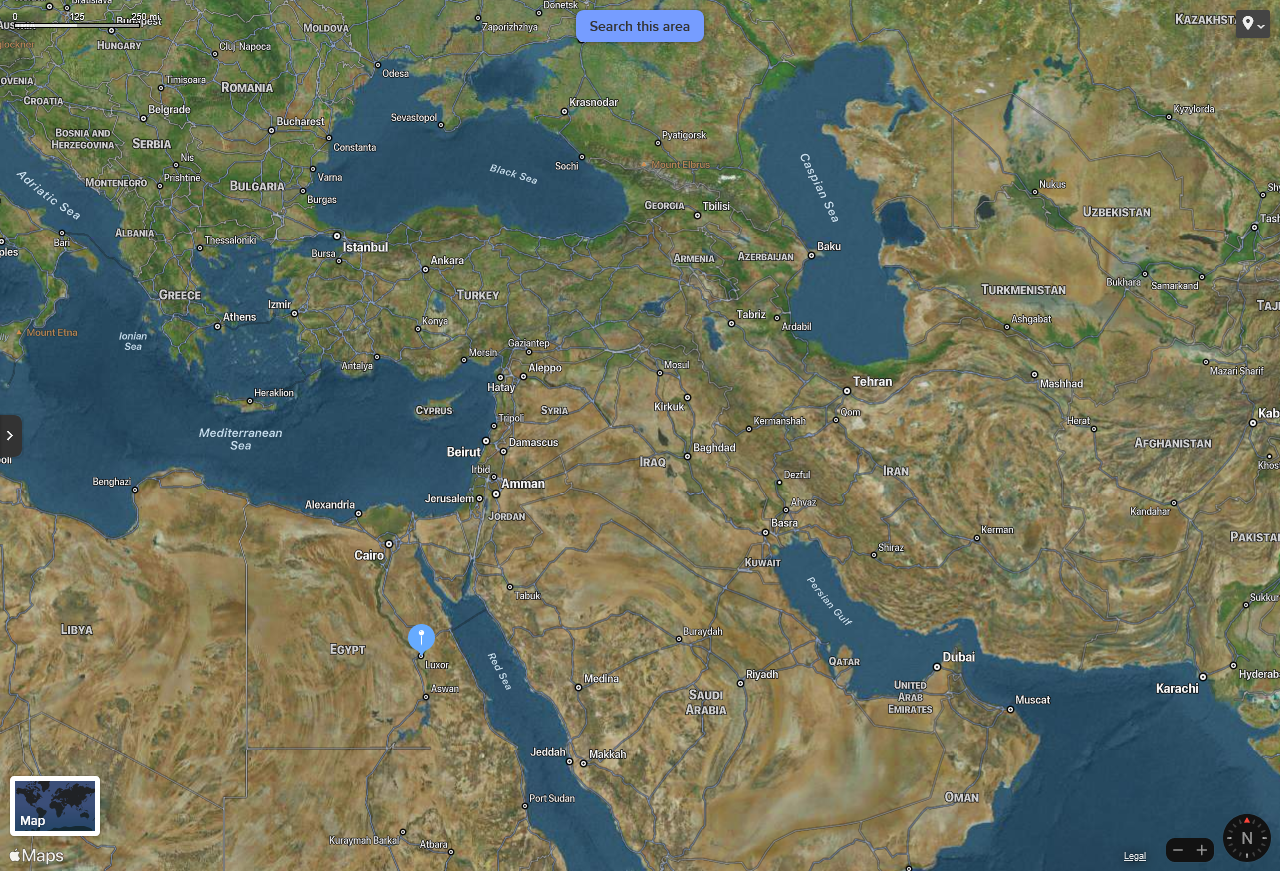“‘Round the world!’ he murmured.
Jules Verne, Around the World in Eighty Days
‘In eighty days,’ responded Mr. Fogg.”
Set in a time when the fastest ways to travel are steamers and locomotives, Around the World in Eighty Days by Jules Verne follows a London Gentleman by the name of Philias Fogg as he travels around the world to see if it is possible. Along the way, it describes the adventures and roadblocks that he comes to in his attempt to win the bet of 2000£.
Philias Fogg is a very exacting character. His only social involvement is a reform club. Every day, he eats all his meals there and gambles on whist. Philias is so exacting, his butler was fired for heating his shaving water 1 degree colder than the correct temperature, so being Philias’ butler was no easy task. However, a Frenchman applied for the job; he applied was because he didn’t like any changes or excitement. He wanted everything to be exactly the same each day. He was hired just before Philias went to the Reform Club that day. At the Reform Club, the discussion falls to a robbery that occurred in London lately. Philias and his whist partners wondered where the robber could hide, seeing as the robbery was known in many countries. One of the partners said that the world was big enough, but this was what Philias said: “It was, once”. This was because one could travel around the world so much faster. Philias ends up making a bet of 2000£ to see if he can make it around the world in 80 days. Philias makes a plan, and leaves that very afternoon with his new butler for the Suez Canal.
The book then switches perspectives to that of a detective, who was trying to find the robber Philias’ whist partners had spoken of. They were believed to have traveled south to Suez, where the detective, by the name of Fix, waits to try and find a man of the description of the robber. When Philias’ butler (whose name is Passepartout) gets off the steamer to have the passports visaed, Fix thinks Mr. Fogg matches the description of the robber. Fix decides to follow Fogg around the world. Mr. Fogg, Passepartout, and Fix set out on the same steamer, from Suez to Bombay (modern day Mumbai).
Upon their arrival, they go to the train that’s supposed to take them east to Calcutta. Passepartout wanders into an Indian temple where you are not allowed to wear shoes (with his shoes on), and nearly gets arrested. He, however, escapes, joining Mr. Fogg (and Fix) on the railroad. they travel until they reach the end of the line (about halfway to Calcutta) and Mr. Fogg has to buy an elephant to get to the next line. On the way, Fogg rescues an Indian lady (whose name is Aouda) who was about to be murdered. He takes her with him on the rest of the trip, so the party now consists of Philias Fogg, Passepartout, Detective Fix, and Aouda.
Their next stop is Hong Kong, where Fix attempts to get the priests who tried to arrest Passepartout in Bombay to arrest him and Fogg in Hong Kong. Fogg, however, bails himself and Passepartout out, and so the journey continues. They catch a steamer to San Francisco, where there is a riot, and Fogg gets in a fight with one of the protesters; Fogg doesn’t have time to stay and fight this out, so he says: “If I need to, I’ll come back to America for you [to fight this out]”. They got on the train to Omaha. Mr. Fogg and the man he had met in the protest at San Fransisco were on the same train, and they decide to fight it out on the rear car. They had everyone leave the car, and the two men fight until a tribe of Indians attack. On the moving train, Passepartout is only able to save the passengers by climbing underneath the cars and unhitching the locomotive (the driver and conductor had been knocked unconscious). The locomotive roars on, but the rest of the train slows to a stop. The passengers are able to fight off the Indians, but Passepartout and one other are missing. Next morning, at the next station, Fogg organizes a group of men to go searching for Passepartout and the other man. They find Passepartout, but it causes a delay in the schedule. The locomotive has left without Fogg and his party. Fix (who can’t arrest Fogg on American soil) decides to help Fogg make all speed to England. He hires a sledge with a sail (for it is wintertime) and they make 40 mph speed to Omaha, arriving in time to catch the train to Chicago.
From Chicago, they go to New York, and, while Fogg misses the steamer, he does hire a different ship. He finally makes it back to England. Fix immediately arrests Fogg. Fogg gets out, but a precious day is lost. Fogg gets back to London, but thinks he is a day late. Because he traveled around the world, he is actually a day early, and he wins the 2000£. He and Aouda decide to marry, and they all live happily ever after.
After reading this book, I found it to be moderately interesting. If you like stories of travel and close calls, this book might be for you. I would not recommend this to anyone below the age of 10, because it was written for a more mature audience.

